Beyond basics, how can I naturally boost testosterone for peak male vitality & performance?

Unlocking Peak Male Vitality: A Deeper Dive into Natural Testosterone Enhancement
For men seeking to reclaim or amplify their vitality, energy, and overall performance, optimizing testosterone levels is a crucial step. While the basics of ‘eat healthy and exercise’ are a good start, true hormonal harmony requires a more nuanced and committed approach. Beyond the obvious, we’ll explore actionable, natural strategies to naturally boost your testosterone, setting the stage for peak physical and mental performance.
The Foundation: Prioritizing Quality Sleep
Often underestimated, sleep is perhaps the most critical component for natural hormone production. Our bodies perform a significant portion of their repair and regeneration, including testosterone synthesis, during deep sleep cycles. Chronic sleep deprivation (less than 7-9 hours) can significantly plummet testosterone levels, impacting everything from energy to mood and libido.
To optimize sleep, focus on a consistent sleep schedule, create a dark and cool bedroom environment, avoid screens an hour before bed, and limit caffeine and heavy meals late in the evening. Quality sleep isn’t just about duration; it’s about the depth and consistency of your sleep cycles.
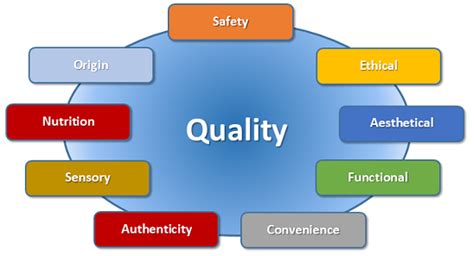
Nutritional Powerhouses for Testosterone Production
Your diet is a direct determinant of your hormonal health. Beyond avoiding processed foods and excessive sugars, focus on nutrient-dense whole foods. Key micronutrients play direct roles in testosterone synthesis:
- Zinc: Found in oysters, red meat, pumpkin seeds, and legumes. It’s essential for testosterone production and sperm quality.
- Magnesium: Abundant in leafy greens, nuts, seeds, and dark chocolate. Magnesium intake is directly correlated with free and total testosterone levels.
- Healthy Fats: Cholesterol, the precursor to testosterone, comes from healthy fats. Include avocados, olive oil, nuts, seeds, and fatty fish in your diet.
- Vitamin D: While often associated with sunlight, dietary sources like fatty fish and fortified foods can contribute. We’ll delve deeper into its importance below.
- Protein: Adequate protein intake (from lean meats, fish, eggs, and plant sources) supports muscle growth and overall hormonal balance.
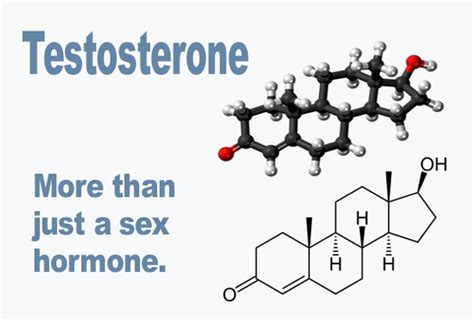
Strategic Exercise: Beyond the Treadmill
While any exercise is better than none, specific types of physical activity are more effective for testosterone optimization. Focus on:
- Strength Training: Lifting heavy weights, especially compound movements like squats, deadlifts, bench presses, and rows, triggers significant testosterone release. Aim for 3-4 sessions per week, focusing on progressive overload.
- High-Intensity Interval Training (HIIT): Short bursts of intense exercise followed by brief recovery periods can also stimulate testosterone and growth hormone.
- Avoid Overtraining: Chronic, exhaustive endurance exercise can actually lower testosterone. Balance intense workouts with adequate recovery.
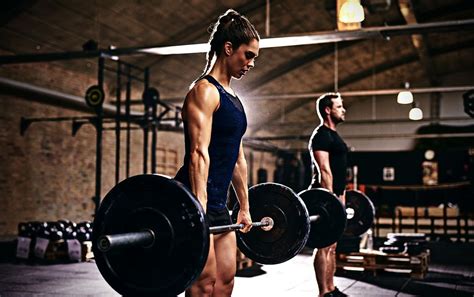
Mastering Stress: The Cortisol Connection
In our fast-paced world, chronic stress is a silent killer of testosterone. When stressed, your body releases cortisol, a hormone that directly inhibits testosterone production. Prolonged high cortisol levels can significantly deplete your T-levels.
Implementing effective stress management techniques is vital:
- Mindfulness and Meditation: Regular practice can lower cortisol and improve overall well-being.
- Deep Breathing Exercises: Simple yet powerful tools to calm the nervous system.
- Hobbies and Relaxation: Dedicate time to activities you enjoy that help you unwind.
- Nature Exposure: Spending time outdoors can reduce stress and improve mood.
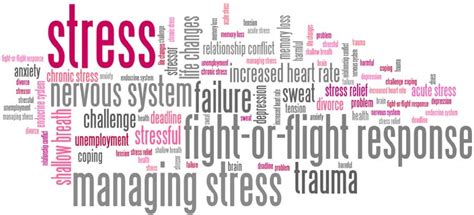
Sunlight, Vitamin D, and Hormonal Harmony
Vitamin D is more than just a vitamin; it functions as a steroid hormone in the body, playing a crucial role in testosterone production. Many men are deficient in Vitamin D, especially those living in northern latitudes or who spend most of their time indoors.
Aim for safe, regular sun exposure (15-30 minutes mid-day, exposing as much skin as possible, without burning) to naturally boost your Vitamin D levels. If sun exposure is limited, consider a high-quality Vitamin D3 supplement, preferably with Vitamin K2 for optimal absorption and bone health, after consulting with a healthcare professional.
Lifestyle Tweaks and Environmental Factors
Beyond the core pillars, consider these additional factors:
- Limit Alcohol Consumption: Excessive alcohol can directly impact testicular function and liver health, both detrimental to testosterone.
- Avoid Endocrine Disruptors: Chemicals like BPA (found in plastics), phthalates, and parabens can mimic hormones and disrupt your endocrine system. Opt for glass containers and natural personal care products.
- Cold Exposure (Optional): Some evidence suggests that cold showers or cold water immersion may have a positive impact on hormone regulation, though more research is needed.
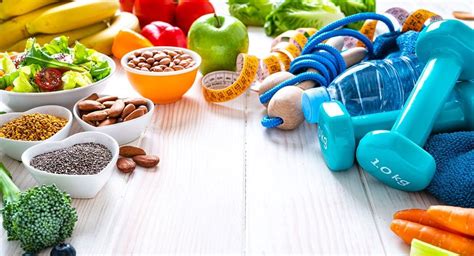
Embrace a Holistic, Consistent Approach
Boosting testosterone naturally for peak male vitality isn’t about quick fixes or magic pills. It’s about a consistent, holistic commitment to a healthy lifestyle. By integrating optimized sleep, nutrient-rich eating, strategic exercise, stress management, and sufficient Vitamin D into your daily routine, you create an environment where your body can naturally thrive, leading to sustained energy, enhanced performance, and an overall elevated sense of well-being. Consult with a healthcare professional before making significant dietary or lifestyle changes, especially if you have underlying health conditions.









